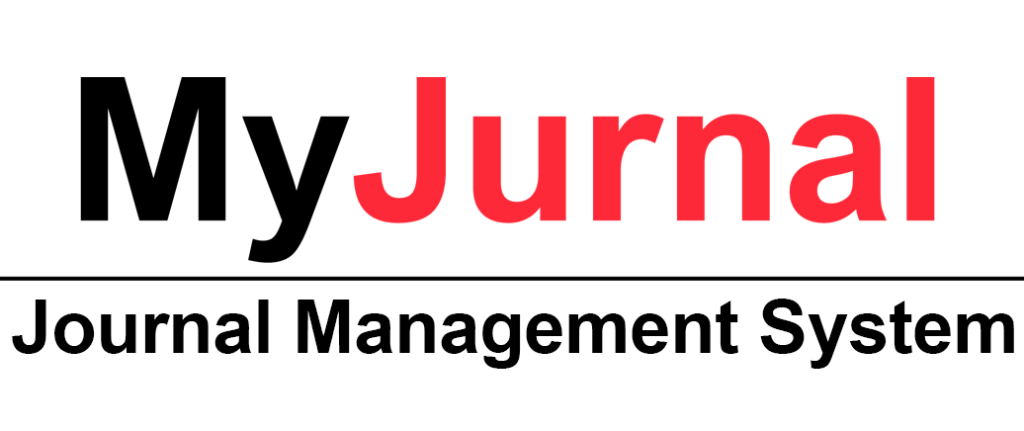Investigating Students’ Philosophic-Mindedness through Their Producing Philosophical Questions: Hindering and Facilitating Factors
DOI:
https://doi.org/10.31436/ijes.v6i1.219Abstract
Given the crucial role philosophical thinking can serve in enhancing the cultivation of mind, it seems urgent that prior to nurturing such thinking its status be investigated within individuals in various educational contexts. Moreover, since philosophy is characteristically a question-raising discipline, one way one’s philosophic-mindedness can be investigated is to see if s/he is capable to cast a philosophical look at a text and in turn pose philosophical questions on it. Hence, the present paper aims at a) exploring the participants’ ability in making philosophical questions and b) finding out factors leading to producing and not-producing such questions. To this end, through accessible sampling, a group of 50 BA sophomore and junior students in an EFL context attended this study. The participants were asked to read two simple short passages and make any type of question(s) (text-based, beyond the text, etc.) that would occur to their mind in essay-type format. Then, using purposeful sampling, 17 out of 50 were selected for an open interview. Based on Cam’s (2006) question framework, the findings revealed that the majority of the participants were not able to produce philosophical questions and the factors leading to generating non-philosophical questions were memorization-based system, teacher-centered curriculum, non-liberal atmosphere of classes, unsuitable family environment, weak performance of mass media, irrational social customs, etc. On the contrary, the factors giving rise to producing philosophical questions were innate disposition towards thinking, introversion, appropriate family environment, proper nurturing conditions, adequate method of teaching, etc. Furthermore, the technique of question-making and question-analysis together with a question framework are introduced to be employed for realizing philosophic-mindedness. Finally, Philosophy-based Language Teaching is suggested as an approach for removing the obstacles to philosophical thinking.
Metrics
Downloads
Published
How to Cite
Issue
Section
License
The Journal will own copyright to all published works and have the right of first publication, both in print and online, unless other arrangements are made with the Editors in advance. It is the author`s responsibility to ensure that where copyright materials are included within an article the permission of the copyright holder has been obtained beforehand.






















